Here is my question:
- I have an application (WPF). It uses A.DLL
- A.DLL uses a third party DLL (B.DLL)
- In my application, I want need to use A.DLL. I am not directly referencing anything in B.DLL. But when I go to build the installer, I see that it includes B.DLL.
This becomes troublesome when there are a lot of third party DLL's we need to use. Does an DLL not embed its dependent DLL's or something? Is there no way keep from giving the customer access to these third party DLL's (B.DLL)?


